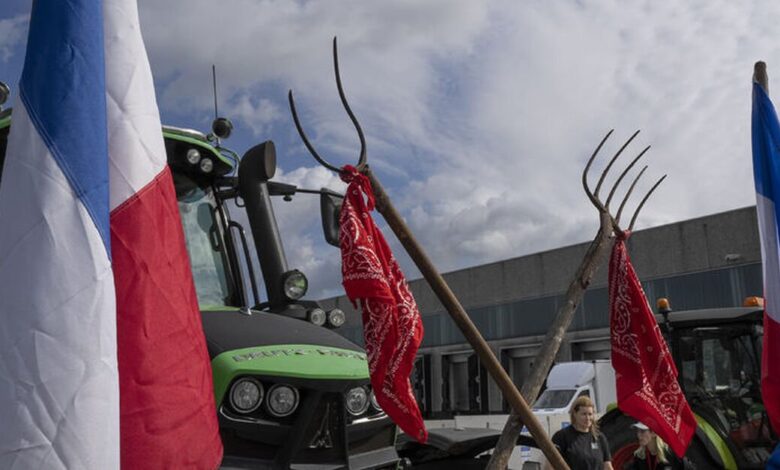“Agriculture Deal” crisis in the Netherlands – Bloomberg HT

Negotiations on the “Agriculture Agreement” between government officials and farmers’ representatives in the Netherlands ended before an agreement could be reached, as LTO, the largest farmers’ union in the country, was left off the table.
In the letter sent by the Minister of Agriculture, Nature and Food Quality, Piet Adema to the lower house of the Dutch Parliament, it was stated that the negotiations with the representatives of the farmers on the “Agriculture Agreement” prepared on the future of farming in the country ended without reaching a consensus.
In Adema’s letter, it was noted that LTO, the largest farmers’ union in the country, was off the table at the meeting on 14 June due to its reservations about the draft agreement.
It was stated in the letter that the government officials continued to meet with other small groups after the LTO left the table, and that the LTO informed the government officials on 20 June and the other parties at the table today that they will not continue the talks.
Following the LTO’s decision not to participate in the negotiations, it was reported that other farmer groups at the table, representatives from bankers, food wholesalers and environmental institutions also demanded the end of the process on the grounds that “negotiations will not result in success”.
In the letter, it was emphasized that the agreement, in which the government envisaged to impose a series of restrictions within the framework of climate policies, contained uncertainty for the future of many farmers and that the changes in question were a radical process.
In the letter, which was evaluated as a “missed opportunity”, ending the talks without reaching an agreement, it was stated that the government will decide how the said agreement will proceed from now on.
What is the “Agriculture Agreement”?
In the Netherlands, the government envisions a series of restrictions in the agriculture and farming sectors as part of its targets to reduce nitrogen emissions by 50 percent by 2030.
At the beginning of the restrictions that the government wants to bring; reducing the number of cows that farmers can feed for each hectare of land they operate, and regulations on irrigation methods and pesticides used in agriculture.
On the other hand, the farmers, on the other hand, oppose the agreement on the grounds that the payments to be made by the state to the farmers will not be sufficient despite the increasing costs, and that domestic products cannot compete with imported products that do not encounter these restrictions, while claiming that the restrictions mean the end of the activities of the farmers in the country.
According to data based on the Dutch Ministry of Finance, 11,200 farms are expected to be closed in the country due to targets to reduce nitrogen emissions by 2030.
17,600 farms are expected to reduce the number of available animals by more than a third.





